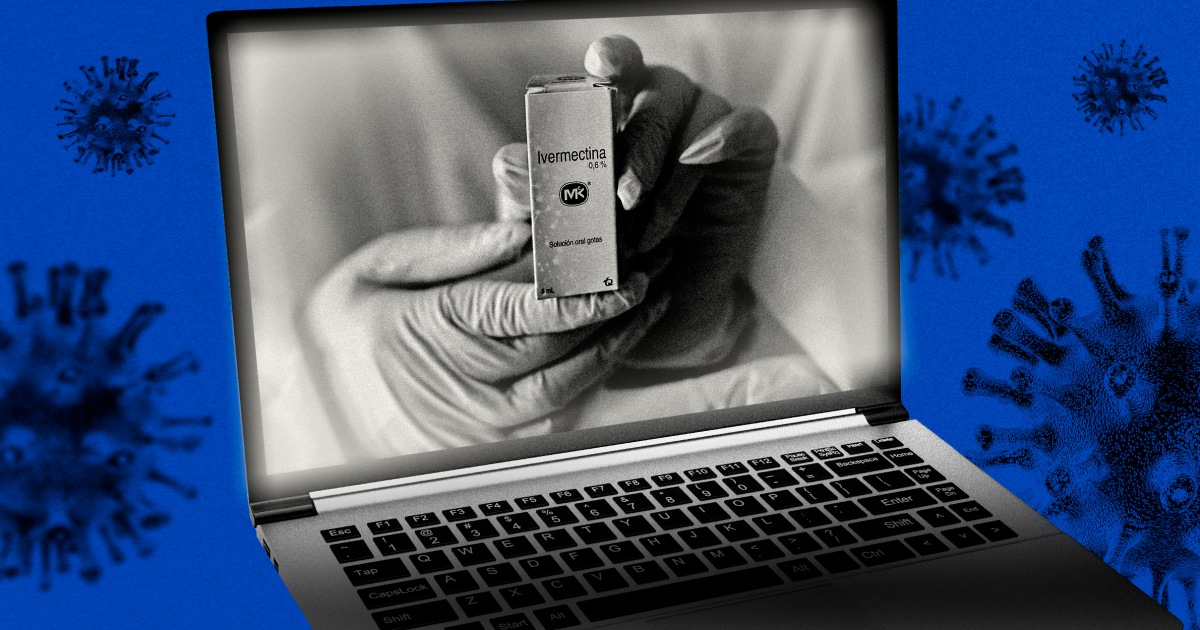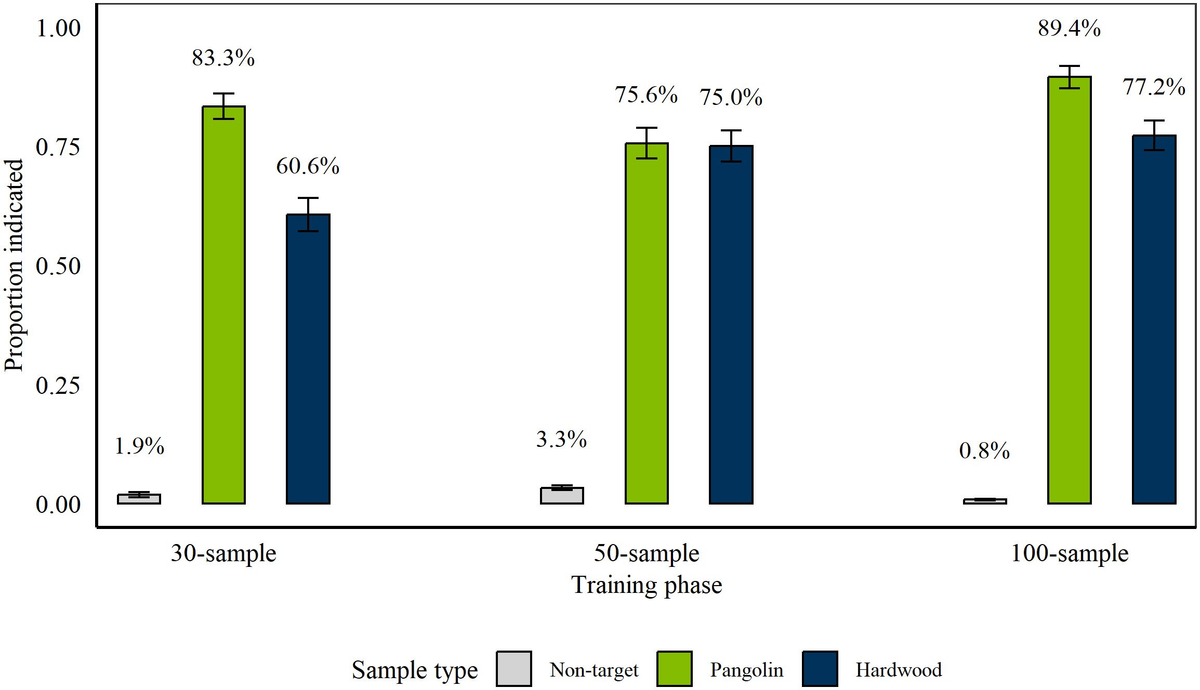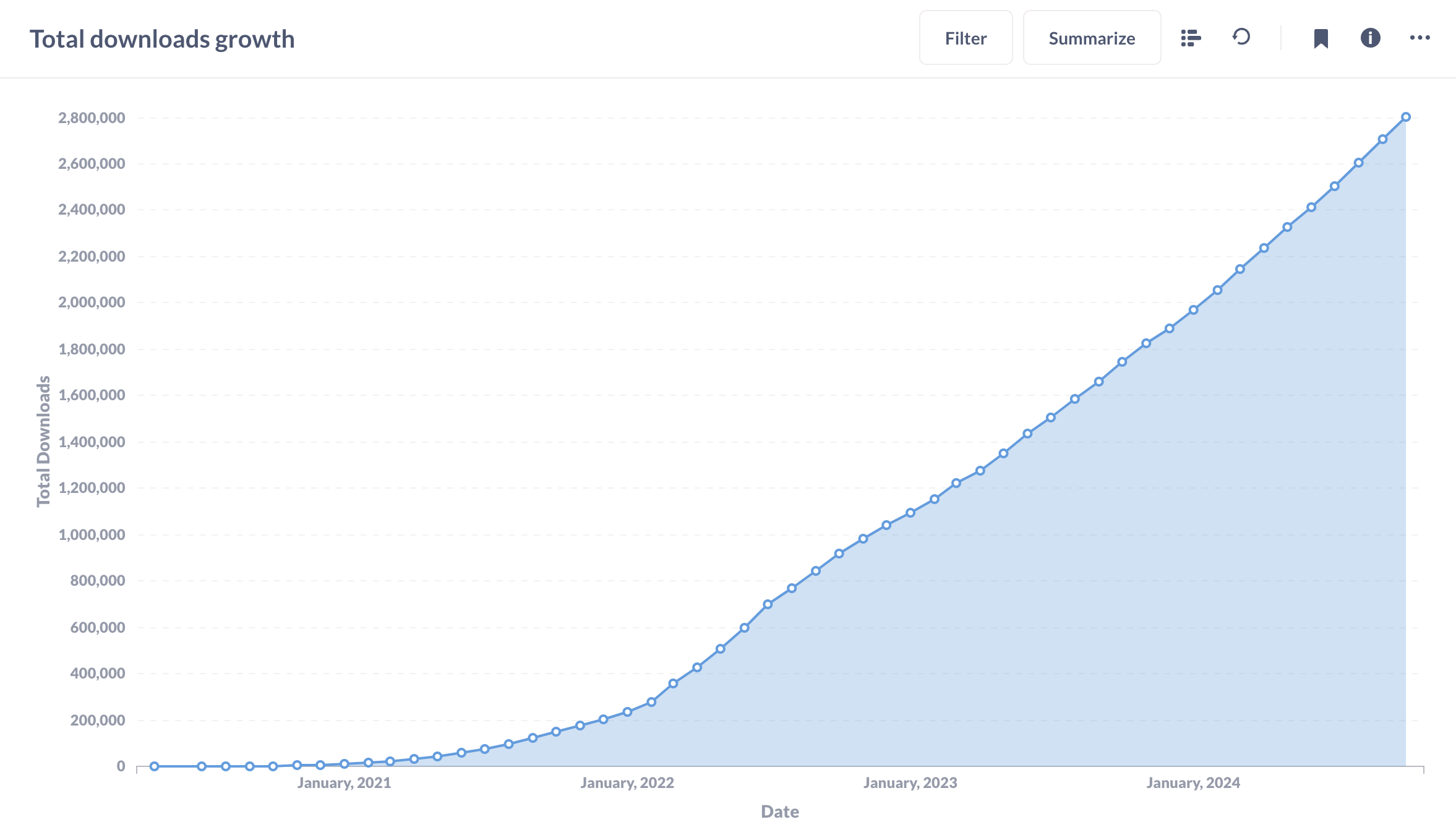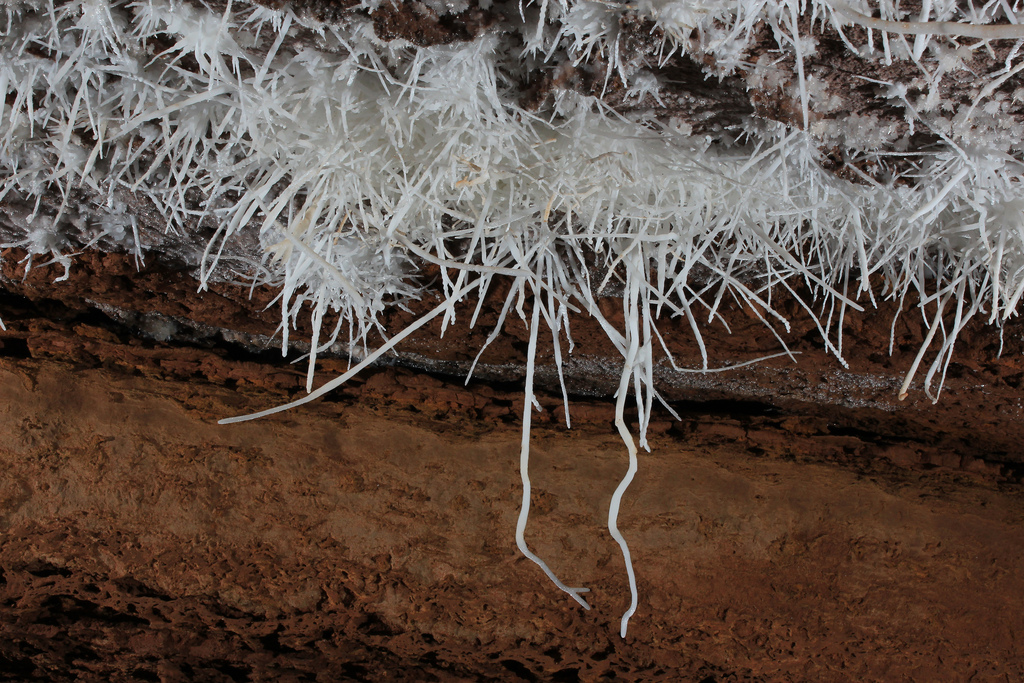
How exosomes could become more than just an “anti-aging” fad
This article first appeared in The Checkup, MIT Technology Review’s weekly biotech newsletter. To receive it in your inbox every Thursday, and read articles like this first, sign up here.
Over the past month or so, I’ve been working on a story about exosomes. You might have seen them advertised—they’re being touted as a hot new beauty treatment, a fountain of youth, and generally a cure-all therapy for a whole host of ailments.
People are spending thousands of dollars on unproven exosome therapies for hair loss, skin aging, and acne, as well as more serious conditions like long covid and Alzheimer’s.
Any cell biologist, though, will tell you what exosomes really are: tiny little blobs that bud off from cells and contain a mixture of proteins and other components. We’re not entirely clear what those components are or what they do, despite the promises made by medspas and cosmetic clinics charging thousands of dollars for exosome “therapies.” As one recipient of an exosome treatment told me, “I feel like it’s a little bit of health marketing bullshit.”
But there is some very exciting scientific research underway to better understand exactly what exosomes do. Scientists are exploring not only how these tiny particles might help cells communicate, but also how they might be used to diagnose or treat diseases. One company is trying to use exosomes to deliver drugs to the brains of people with rare neurological disorders.























